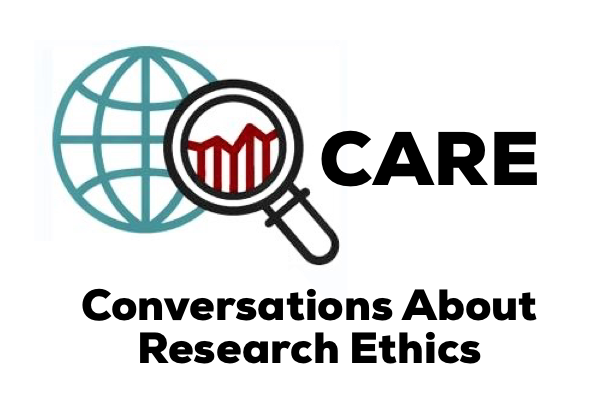
The use of publicly available social media data promises to provide meaningful insights into a number of research programs, but the use of such data introduces pressing ethical questions. This panel will discuss whether this should be understood as human subject research, what governance structures are best equipped to support the responsible conduct of such research, and how researchers can negotiate potential privacy concerns and other risks associated with conducting research on these publicly available datasets.
Featuring Panelists:
Dr. Michael Zimmer (Professor of Computer Science & Director of Center for Data, Ethics, and Society; Marquette University)
Dr. Michael Zimmer is a privacy and data ethics scholar whose work focuses on digital privacy & surveillance, the ethics of big data, internet research ethics, and the broader social & ethical dimensions of emerging digital technologies. Dr. Zimmer is also “the Director of Marquette's Center for Data, Ethics, and Society, an interdisciplinary center focused on confronting contemporary data ethics issues such as the controversies and consequences of our increasingly data-driven lives and spaces, unfair algorithmic biases, the unequal effects of computational decision-making, the privacy threats of ubiquitous surveillance systems, and the role for corporate social responsibility and accountability.
Dr. Joseph Bayer (Associate Professor of Communication, core faculty member of the Translational Data Analytics Institute, and Director of the Mobile Social Cognition Lab; OSU)
Joe Bayer is an Associate Professor in the School of Communication and Translational Data Analytics Institute (TDAI) at The Ohio State University. He directs the Mobile Social Cognition Lab, which combines digital and ecological survey methods to study the mental processes underlying social connectedness in daily life. His studies seek to clarify the psychological factors that shape how people balance always-on connectivity and move between online and offline spaces. Together, his research grapples with how our minds are changing due to smartphone and social media habits, along with the implications for understanding well-being and addiction.
Dr. Jesse Fox (Associate Professor of Communication and Director of the Virtual Environment, Communication Technology, and Online Research (VECTOR) Lab, Ohio State University)
Jesse Fox (Ph.D., Stanford University) is an Associate Professor in the School of Communication at The Ohio State University and Director of the Virtual Environment, Communication Technology, and Online Research (VECTOR) Lab. Her research interests include (but are certainly not limited to) experiences of women and LGBTQ+ individuals online, including harassment; effects of sexualized and objectified depictions of women; technologically-mediated communication in relationships; the role of affordances in experiences with communication technologies; and the use of avatars and virtual environments for the delivery of prosocial messages.
